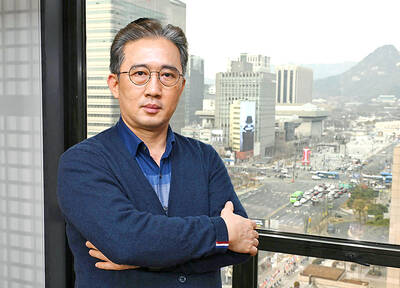Bolivia’s interim government is to file a case with the International Criminal Court (ICC) against former Bolivian president Evo Morales for “crimes against humanity,” Bolivian Minister of Government Arturo Murillo announced on Friday.
The government would file the lawsuit “in the next few days,” Murillo told state radio Patria Nueva.
The Hague, Netherlands-based court has jurisdiction to prosecute individuals for crimes against humanity.
Murillo last week filed a criminal complaint in Bolivia accusing Morales of sedition and terrorism, after he allegedly called on supporters to blockade cities and cut off fuel and food supplies.
The former president “must answer to justice for what he has done, and is doing, in addition to his accomplices who have participated in the tragic events that Bolivians have experienced,” Murillo said.
If Morales — who fled to Mexico after resigning on Nov. 10 — is charged and convicted in a Bolivian court, he would face a maximum penalty of 30 years in jail.
Morales has in turn accused the interim government of “genocide” following the deaths of 32 people, mostly his indigenous supporters, in post-election violence.
Morales denied wrongdoing and said that he was being persecuted for leading a pro-poor, pro-indigenous government and nationalizing the country’s gas and other natural resources.
The Bolivian Plurinational Legislative Assembly last week gave a green light for a new vote without Morales, Bolivia’s first indigenous president. He had been seeking a fourth term after nearly 14 years as leader of the poor but resource-rich country.
Meanwhile, Murillo expressed concern over the arrival in Bolivia of an Argentine human rights group.
“We recommend these foreigners who are arriving ... to be careful,” Murillo said. “We are looking at you. We are following you.”
“There is no tolerance for terrorism, sedition or armed movements. Zero tolerance,” he said.
The Argentine rights group said on Twitter: “While the de facto government accuses us of being terrorists, we have started what we came to do, take testimony of the different human rights violations that the Bolivian people are enduring.”

VAGUE: The criteria of the amnesty remain unclear, but it would cover political violence from 1999 to today, and those convicted of murder or drug trafficking would not qualify Venezuelan Acting President Delcy Rodriguez on Friday announced an amnesty bill that could lead to the release of hundreds of prisoners, including opposition leaders, journalists and human rights activists detained for political reasons. The measure had long been sought by the US-backed opposition. It is the latest concession Rodriguez has made since taking the reins of the country on Jan. 3 after the brazen seizure of then-Venezuelan president Nicolas Maduro. Rodriguez told a gathering of justices, magistrates, ministers, military brass and other government leaders that the ruling party-controlled Venezuelan National Assembly would take up the bill with urgency. Rodriguez also announced the shutdown

Chinese President Xi Jinping’s (習近平) purge of his most senior general is driven by his effort to both secure “total control” of his military and root out corruption, US Ambassador to China David Perdue said told Bloomberg Television yesterday. The probe into Zhang Youxia (張又俠), Xi’s second-in-command, announced over the weekend, is a “major development,” Perdue said, citing the family connections the vice chair of China’s apex military commission has with Xi. Chinese authorities said Zhang was being investigated for suspected serious discipline and law violations, without disclosing further details. “I take him at his word that there’s a corruption effort under

China executed 11 people linked to Myanmar criminal gangs, including “key members” of telecom scam operations, state media reported yesterday, as Beijing toughens its response to the sprawling, transnational industry. Fraud compounds where scammers lure Internet users into fake romantic relationships and cryptocurrency investments have flourished across Southeast Asia, including in Myanmar. Initially largely targeting Chinese speakers, the criminal groups behind the compounds have expanded operations into multiple languages to steal from victims around the world. Those conducting the scams are sometimes willing con artists, and other times trafficked foreign nationals forced to work. In the past few years, Beijing has stepped up cooperation

The dramatic US operation that deposed Venezuelan president Nicolas Maduro this month might have left North Korean leader Kim Jong-un feeling he was also vulnerable to “decapitation,” a former Pyongyang envoy to Havana said. Lee Il-kyu — who served as Pyongyang’s political counselor in Cuba from 2019 until 2023 — said that Washington’s lightning extraction in Caracas was a worst-case scenario for his former boss. “Kim must have felt that a so-called decapitation operation is actually possible,” said Lee, who now works for a state-backed think tank in Seoul. North Korea’s leadership has long accused Washington of seeking to remove it from power